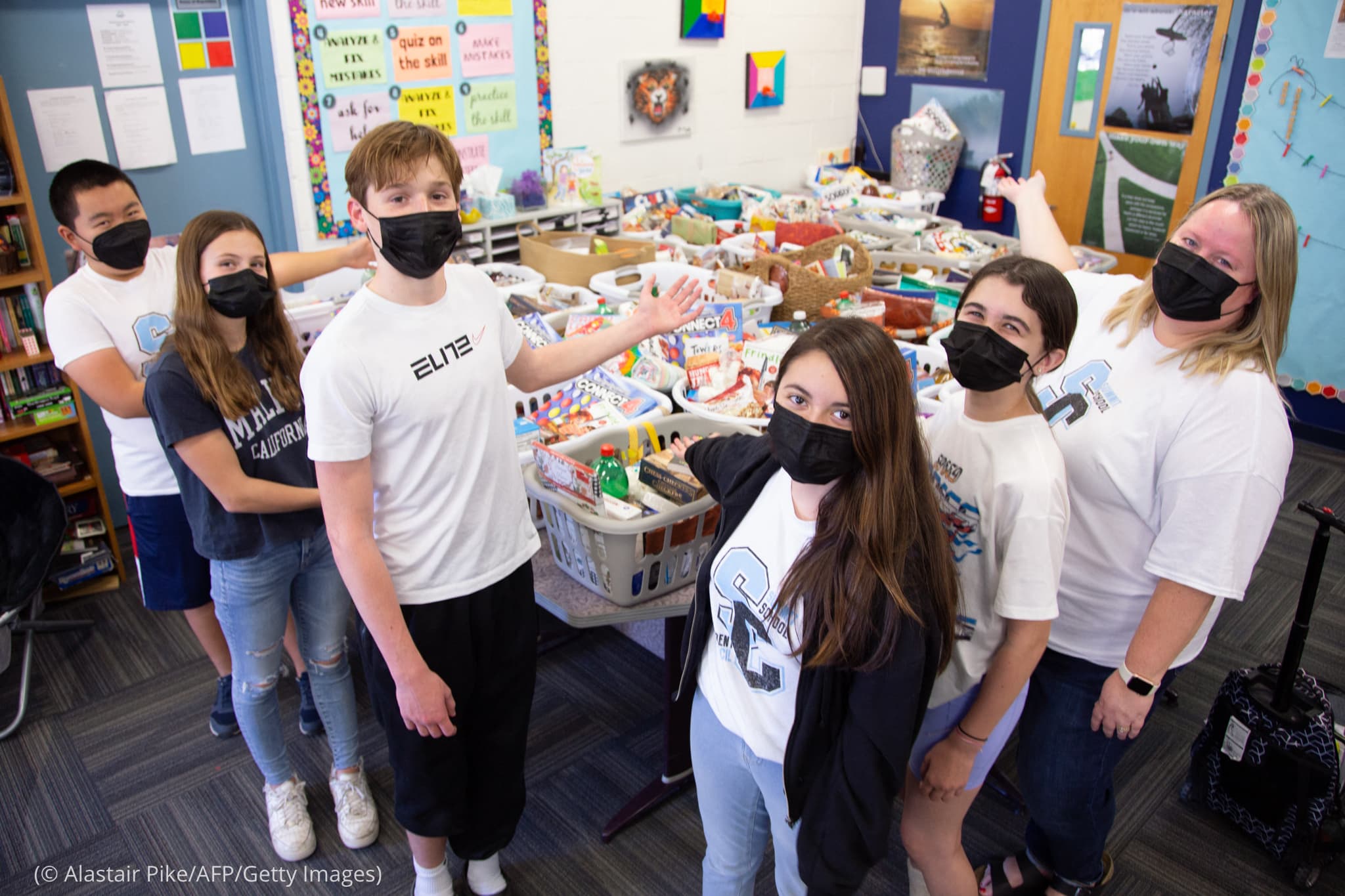When does democracy start? In America, kids experience democracy as early as the first grade.
Through participation in group activities, American students are immersed in democratic principles like choice, consensus and freedom of expression from an early age.
In elementary schools — or primary schools — teachers and students make decisions at the beginning of the school year about classroom policies that everyone will follow, such as:
• Be kind to other students.
• Raise your hand and wait for your turn to speak.
• Do your homework.
• Sometimes they vote to have a rotating classroom leader. This person has fun duties like the right to pick the book the class reads during story time or the game they will play during recess.
As they progress to high schools — or secondary schools — American students experiment more with democracy by participating in student council elections. Students campaign and compete annually for positions that mirror those of a democratic government (president, vice president, treasurer, etc.).
Candidates typically give campaign speeches during a school assembly. Campaign promises can range from improving the school cafeteria’s food to changing the school’s mascot.
After elections, the candidates who receive the majority of votes form the new student government. They are entrusted with representing the interests of all students on campus, even those who didn’t vote for them. They meet with school officials and advocate for ways to improve campus life.
Jenna Cumpston, a fifth-grade student in Kentucky, pledged to get a new school playground when she ran for student council president. She won the election. With leadership and teamwork, the school raised nearly $70,000 from local businesses and community partners to build a new playground.
Jenna was inspired to make a lasting, positive change at her elementary school. “My sister, she is there,” Jenna explained to the Daily Independent. “I want her to have something when I leave and I want everyone to enjoy it.”
Some other examples of student government in action:
• In California, a group of elementary school students in 2019 convinced the mayor to install new streetlights and sidewalks to help students walk safely to and from school.
• In Arizona, one student council every year donates gift baskets of food, books and games to families in need. For the 2021 Thanksgiving holiday, they donated 38 baskets and over $3,000 in gift cards.
• In Florida, 15-year-old student council president Mahoro Amani in 2021 pressed the school to provide free menstrual products in school restrooms.
• Across the United States, student councils create a positive impact on campus and in their communities. They raise their voices and inspire activism. They influence local governments to adapt and consider new policies. And they learn democratic values to guide their careers after graduation.
In America, democracy begins in the classroom.
Source: share.america.gov, By Amirah Ismail



